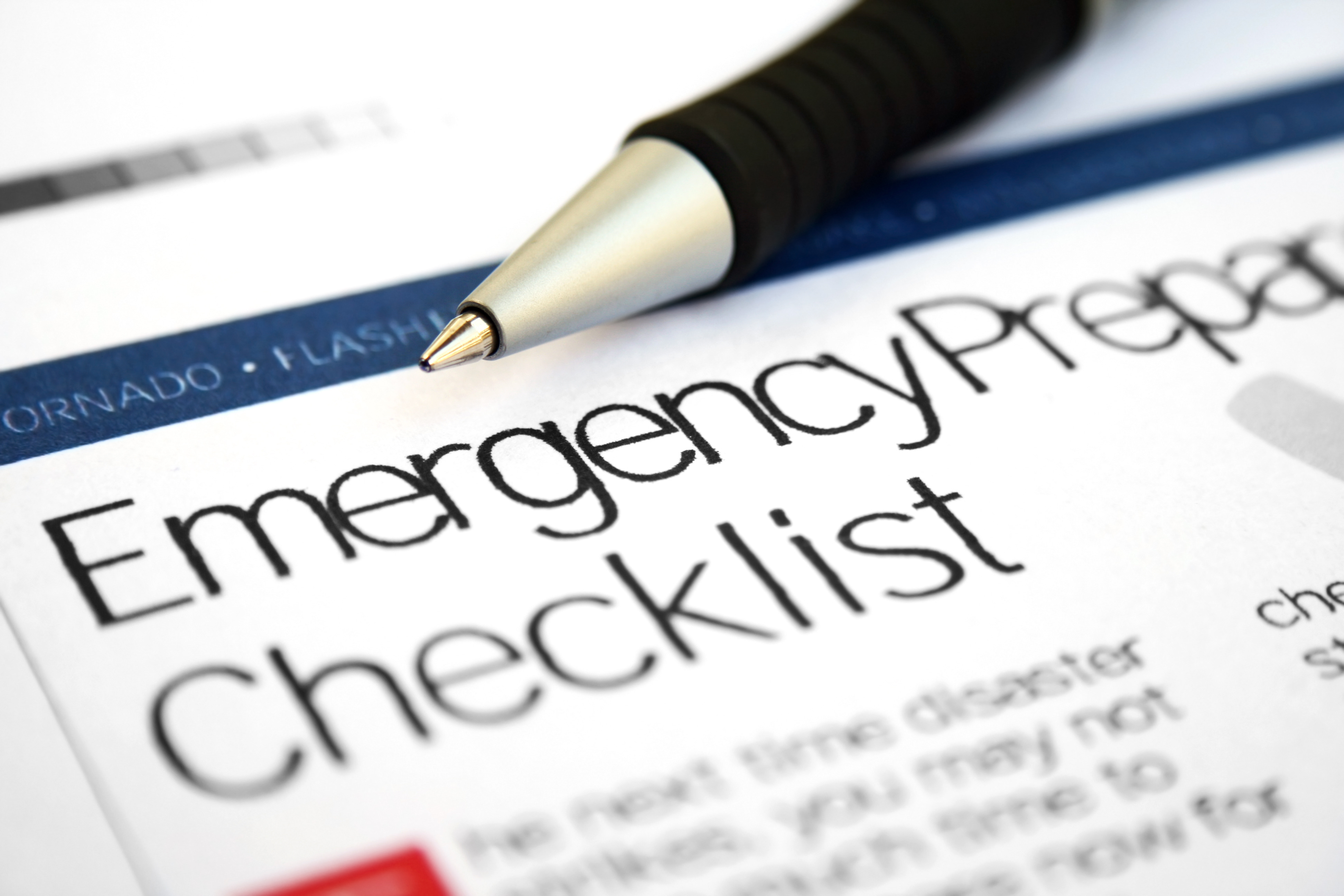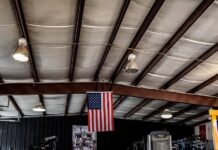BIRMINGHAM – State Farm is reminding Alabama homeowners about the importance of severe weather preparedness this spring by providing perspective on losses seen by homeowners during last year’s severe weather outbreaks. This includes the tornado damage seen almost one year ago in April 2014.
State Farm claims data shows Alabama ranked 8th in the nation in 2014 with 4,612 tornado and high wind claims in the state.
The state of Illinois came in with the highest number of claims reported at more than 10,000. Nationally in 2014, the company paid out more than $870 million for claims as a result of tornado and high wind claims.
Tornado and high winds are some of the most destructive forces of nature. While tornadoes are frequent in the Great Plains, South, and Midwest, there is no state in the country that isn’t at risk.
“We hope reminders like this will spark more interest in taking steps like reviewing your insurance policy and taking a home inventory before the worst of the spring severe weather season arrives,” says State Farm spokesman Roszell Gadson. As the nation’s largest property insurer, State Farm wants to make sure your family is prepared for the destructive and potentially deadly force of a tornado.
Preparing Your Home a Tornado
• Strengthen your garage. A garage door can be especially vulnerable during high winds so a reinforced, windowless door with vertical bracing is your best option.
• Secure your windows. If you’ve heard you should open windows during a tornado to equalize pressure, you’ve heard wrong! Instead, investigate systems that clip plywood to your windows – no nailing necessary.
• Maintain trees and shrubbery in your yard. Remove weak branches and eliminate trees that could fall on your home during a storm. Falling trees and blowing debris in storms often cause fatalities and severe structural damage.
• Store important documents such as birth certificates, wills, and certificates of ownership in a fire- and water-proof safe in a secure location away from your residence. In the event your home is damaged or destroyed, you will still be able to access vital documents.
• Create and maintain a home inventory to make sure you have the right insurance protection, and in the event of a loss, simplify the claims process.
Preparing Your Family for a Tornado
• Every member from the family should be familiar with your local severe weather warning system and know what to do when a tornado "watch" or "warning" is issued
• Create and practice a plan of action for your family and choose a place for your family to meet if you get separated
• Consider installing a safe room. If you live in an area prone to tornadoes, this might be the best move you can make. It won’t protect your home but will protect you and your family – and that’s what’s truly irreplaceable.
• If you do not have a safe room or a tornado shelter, you should identify what might be the safest area of your home or business during tornadoes. This is usually the basement or a small interior room without windows.
During a Tornado (Inside a Shelter)
• Head to the center of your home or basement, away from windows and preferably under something sturdy like a workbench or staircase or in a bathtub with a mattress over top of you.
• Get to the safest place possible, away from glass that can break and injure or kill you.
• Closing interior doors will also help to compartmentalize the structure and provide more barriers between you and the storm.
• Don’t try to ride out a tornado in a manufactured home. Even manufactured homes with tie-downs overturn in these storms because they have light frames and offer winds a large surface area to push against.
During a Tornado (Outside with No Shelter)
• Never try to outrun a tornado. Instead, leave the vehicle immediately for safe shelter.
• If you can safely get lower than the level of the roadway, such as in a ditch, leave your car and lie in that area, covering your head with your hands.
• Do not get under an overpass or bridge. You are safer in a low, flat location.
Recovering from a Tornado
The period following a natural disaster can be disorienting and dangerous. Below are a few tips that may help relieve some of the uncertainty and help you stay safe, secure your property, and begin the claims process in the aftermath of a major event.
• Use your emergency water or boil tap water before drinking until you are told the water supply is safe. Food that came in contact with water may be contaminated and should be discarded.
• Visually inspect your home for structural damage and take reasonable steps to prevent further damage. For example, board up holes with plywood and cover leaks with plastic sheeting.
• Your insurer will require you to document any damage to your property and provide receipts for recovery-related expenses. Save receipts for home repairs, vehicle towing and repairs, temporary housing, food, and other expenses.































